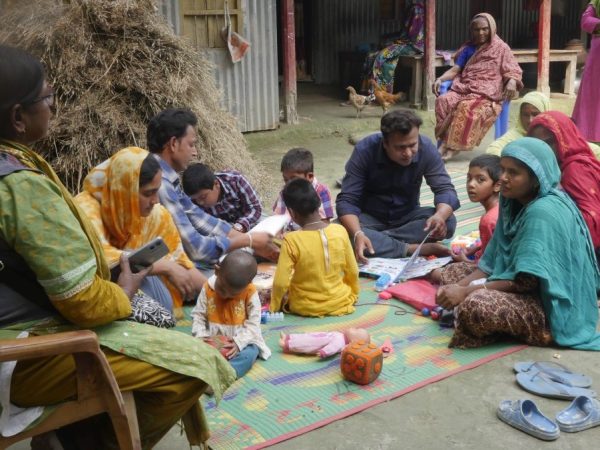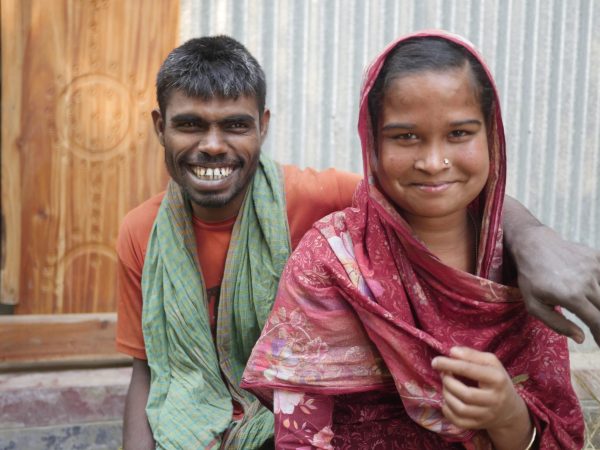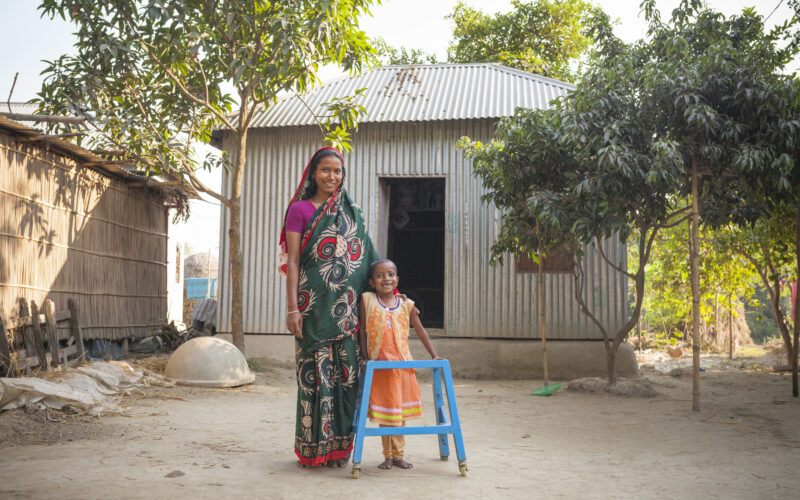News The current situation in Bangladesh
The war in Ukraine is affecting the global trade in key food products such as wheat and vegetable oils. Bangladesh is also badly affected by this. And although Bangladesh is one of the fastest growing economies in the world and has recently become a middle-income country, the gap between the rich and poor keeps widening.
The country’s many poor and vulnerable citizens see food and transportation prices rising, and cannot afford to pay them. Their harvests fail due to long periods of drought or, on the contrary, extreme rainfall. Because Bangladesh is facing increasing food insecurity not only because of the war, but also because of climate issues (sea-level rise, cyclones, floods).
Niketan is worried about the growing inequality and the poverty that goes with it. International organizations have ceased their support because of the country’s status as a middle-income country. But the really vulnerable people are not reaping the benefits. They remain dependent on ‘charity’. The government of Bangladesh has social safety net programs and employment programs, and makes land available for very poor families who need urgent assistance. This enables families to lift themselves out of poverty. Together with local governments in the project area, DRRA/Niketan’s employees identify how many families need support. They attend local government budget meetings and help families access these services, which they would otherwise not have known about.
Niketan hopes to further expand this cooperation with local governments in the project area, so even more families can benefit from the social safety net program. However, additional funds may need to be raised again if the war continues, so the families in Bangladesh can continue to receive sufficient support.



